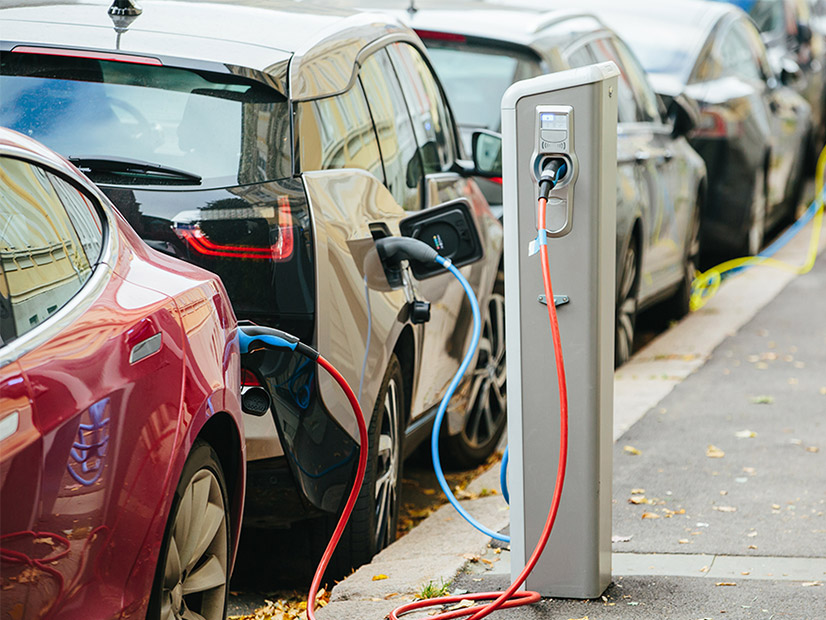Connecticut’s electric vehicle program got a boost on Monday with the announcement of improvements to a consumer rebate program and the award of a federal grant to purchase battery electric buses (BEBs) and DC fast chargers.
New incentives for the Connecticut Hydrogen and Electric Automobile Purchase Rebate (CHEAPR) program increase rebate amounts, expand coverage to used as well as new EVs and provide an additional income-eligible incentive. CHEAPR provides a cash rebate for any Connecticut resident who purchases or leases an eligible EV costing up to $42,000. EVs covered by CHEAPR include battery electric (BEV), plug-in hybrid electric (PHEV) and fuel cell electric vehicles (FCEV).
The new incentive levels for CHEAPR, funded through a fee on vehicle registrations and new vehicle sales, include:
-
-
- $2,250 for a new BEV (previously $1,500)
- $750 for a new PHEV (previously $500)
- $7,500 for a new FCEV (previously $5,000)
-
There are additional rebates for new and used EVs called Rebate+ New and Rebate+ Used, open to individuals meeting certain income qualifications. These rebates allow purchasers or lessees to receive an additional $2,000 for a new BEV ($3,000 used); $1,500 for a new PHEV ($1,125 used) and $2,000 for a new FCEV ($7,500 used). Rebate+ applicants must be enrolled in qualifying state or federal programs.
Also Monday, the state Department of Transportation was awarded a $7.4 million grant from the Federal Transit Administration to purchase 10 BEBs and 10 DC fast chargers. The upgrades will make the city of Waterbury’s bus depot the first facility in the state capable of running a 100% BEB transit fleet. The federal grant will be matched with $5.7 million in state funding and other sources. Connecticut has a goal of a fully electric bus fleet statewide by 2035.
In an interview with NetZero Insider, state Sen. Will Haskell (D), chair of the General Assembly’s Transportation Committee, said Connecticut has an “ambitious goal” of 500,000 EVs on the road by 2030 to meet its statutorily mandated greenhouse gas reduction target of 45% below 2001 levels.
“Unfortunately, we’re nowhere near that goal,” he conceded. ”We’ve got to do a better job of promoting more equitable access to green technology and 21st-century infrastructure, and that means doing everything we can to make it more affordable for people to get behind the wheel of an electric vehicle,” Haskell said. “And for those who can’t afford to own a vehicle and rely on public transit to get to work, let’s make sure that diesel exhaust isn’t pumped into their lungs each and every day.”
Haskell said he applauds the improvements in the CHEAPR program even as Connecticut lags behind other states in adopting EVs. Haskell said he recently visited Connecticut-based JuiceBar EV Charging’s manufacturing plant, which he said was bustling with orders.
“What’s so frustrating is that they send the vast majority of their products out of state because Connecticut lags behind not just in EV adoption but also in the deployment of EV infrastructure,” Haskell said.
JuiceBar and EV charger manufacturer EVSE are two companies that could turn Connecticut from a laggard to a leader in EV infrastructure.
“We’re lucky that these jobs happen to be in Connecticut right now, but what if we decided as a state, we’re going to orient our policy for public health reasons, for environmental reasons but also for economic development reasons toward really embracing this new industry,” Haskell said.



